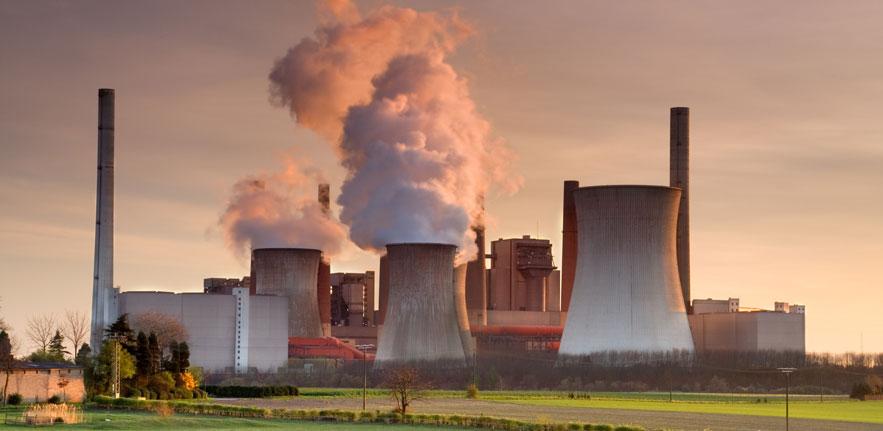
Why the Corporate Leaders Group supports Fossil Fuel Subsidy Reform
By Sandrine Dixson-Declève
28 September 2015
It is clear that in order to move towards decarbonisation, the world needs to put a price on carbon. Over the last 10 years The Prince of Wales's Corporate Leaders Group (CLG) members have led calls for a carbon price in Europe and globally. In June the group published its report '10 years of Carbon Pricing in Europe: A business perspective' documenting the importance of carbon pricing and the EU Emissions Trading System (ETS) in supporting business actions to deliver increased efficiency and reduced emissions across a wide range of business sectors, including energy intensive companies.
As a co-founder of the World Bank Carbon Pricing Leadership Coalition CLG is working with many other organisations and governments to ensure that carbon pricing is adopted by even more countries and companies alongside other key low carbon policies.
However, the flip side of costing carbon is eliminating the subsidies that encourage high carbon activities and yet little progress has been made in this area. Perverse fossil fuel subsidies are continuing to promote high carbon choices, undermining the investment signal carbon pricing sends.
In addition to this perverse drive to burn more carbon, World Bank President Jim Yong Kim also points to the discrepancy in societal benefits as a reason for eradication. He claims that in low and middle income countries, the richest 20 per cent receive six times as much from fossil fuel subsidies as the poorest 20 per cent. Fossil fuel subsidies are also an immense burden on government resources, particularly in developing countries: in South-East Asia, for example, fossil fuel subsidies account for 5–30 per cent of public expenditure. Many countries spend more on them than they do on health care.
The G8, G20, IMF, IEA, OECD and the World Bank have all identified the phase-out of inefficient fossil fuel subsidies as an essential part of the transition to a low carbon economy, necessary to reduce our global carbon footprint. It has been estimated that the total elimination of fossil fuel subsidies, including reflecting the true price of external damages like climate change through the tax systems, will reduce global GHG emissions by 13 per cent.
Phasing out subsidies and shifting support to innovative, lower carbon energy generation would not only reduce GHG emissions but it would also support delivery of the Sustainable Development Goal to deliver access to affordable, reliable, sustainable, and modern energy for all, killing two birds with one stone.
However, if so many eminent international organisations, governments and experts know that reform is essential, why has progress been so slow?
The issue is politically, socially and economically complex with a series of barriers preventing rapid progress. The only way to drive reform forward is through a concerted campaign that brings all public and private sector actors together, to promote the benefits of reform, explain the need for transitional measures and develop an approach which can navigate the diverse socio-economic factors affecting reform in different countries.
Earlier this year, the Friends of Fossil Fuel Subsidy Reform issued a Communiqué, currently supported by 13 countries and growing, calling on Governments to demonstrate their commitment to reform by implementing three key principles: transparency around policy, ambition in scope and timeframe for implementing reforms, and targeted support to ensure reforms are implemented in a manner that safeguards the poorest.
In July, prominent leaders from international organisations, governments, and the private sector gathered at a roundtable at Lancaster House in London to hear from the Friends of Fossil Fuel Subsidy Reform and to discuss a clear pathway towards reform and to identify the broader socio-economic barriers to implementation.
Just last week in the European Parliament, the Dutch government announced its support for the initiative at the European Green Growth Summit. Now it is the Corporate Leaders Group’s turn, as a leading business voice, to endorse the Fossil Fuel Subsidy Reform Communiqué and build on this momentum.
During a week that sees the UN Summit on Sustainable Development Goals and Climate Week activities in New York, it is important that governments and businesses alike take fossil fuel subsidy reform as seriously as carbon pricing and pledge to secure that reform by 2025 at the latest.





 Sandrine Dixson-Declève was Director of The Prince of Wales’s Corporate Leaders Group.
Sandrine Dixson-Declève was Director of The Prince of Wales’s Corporate Leaders Group.